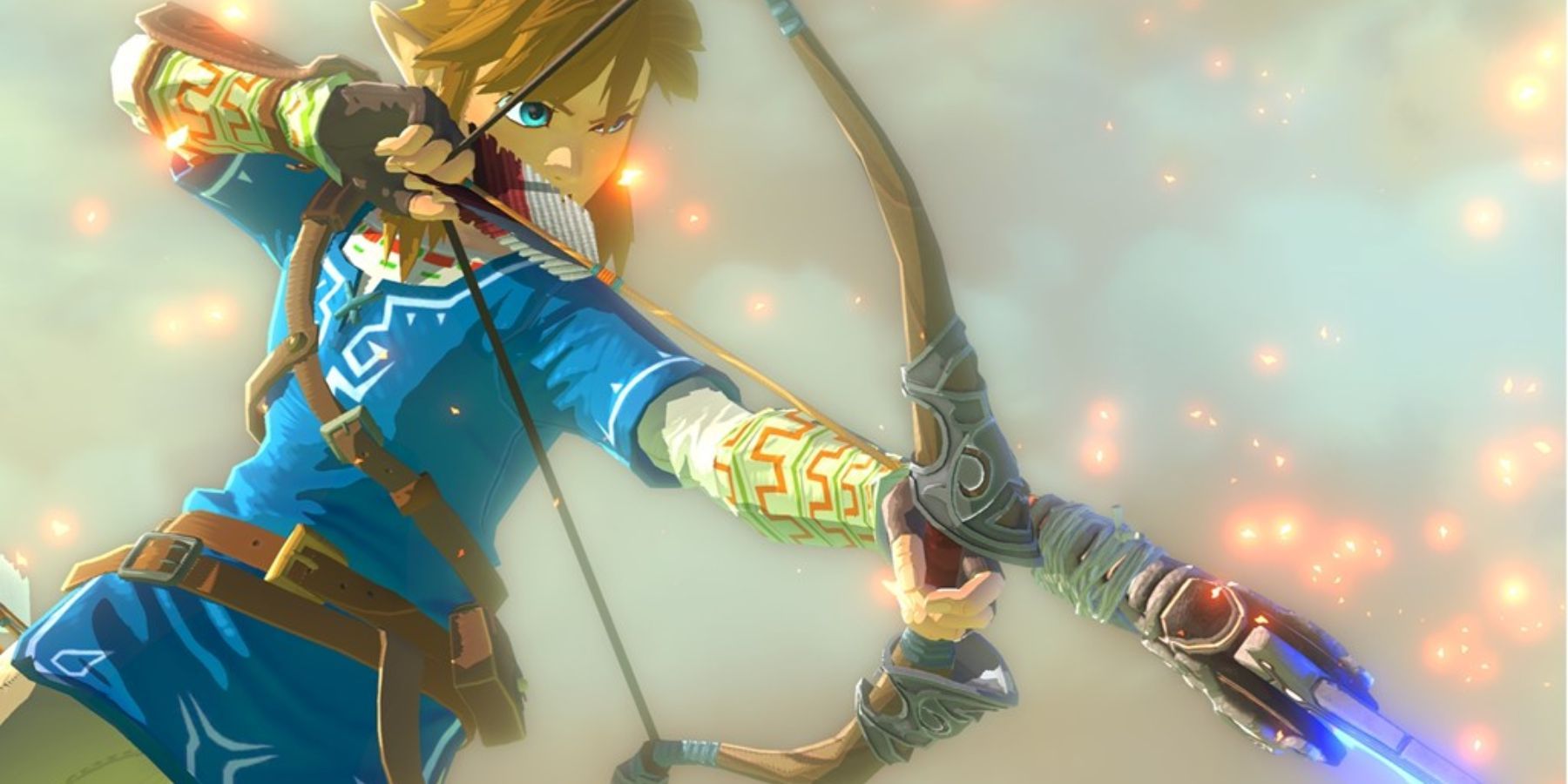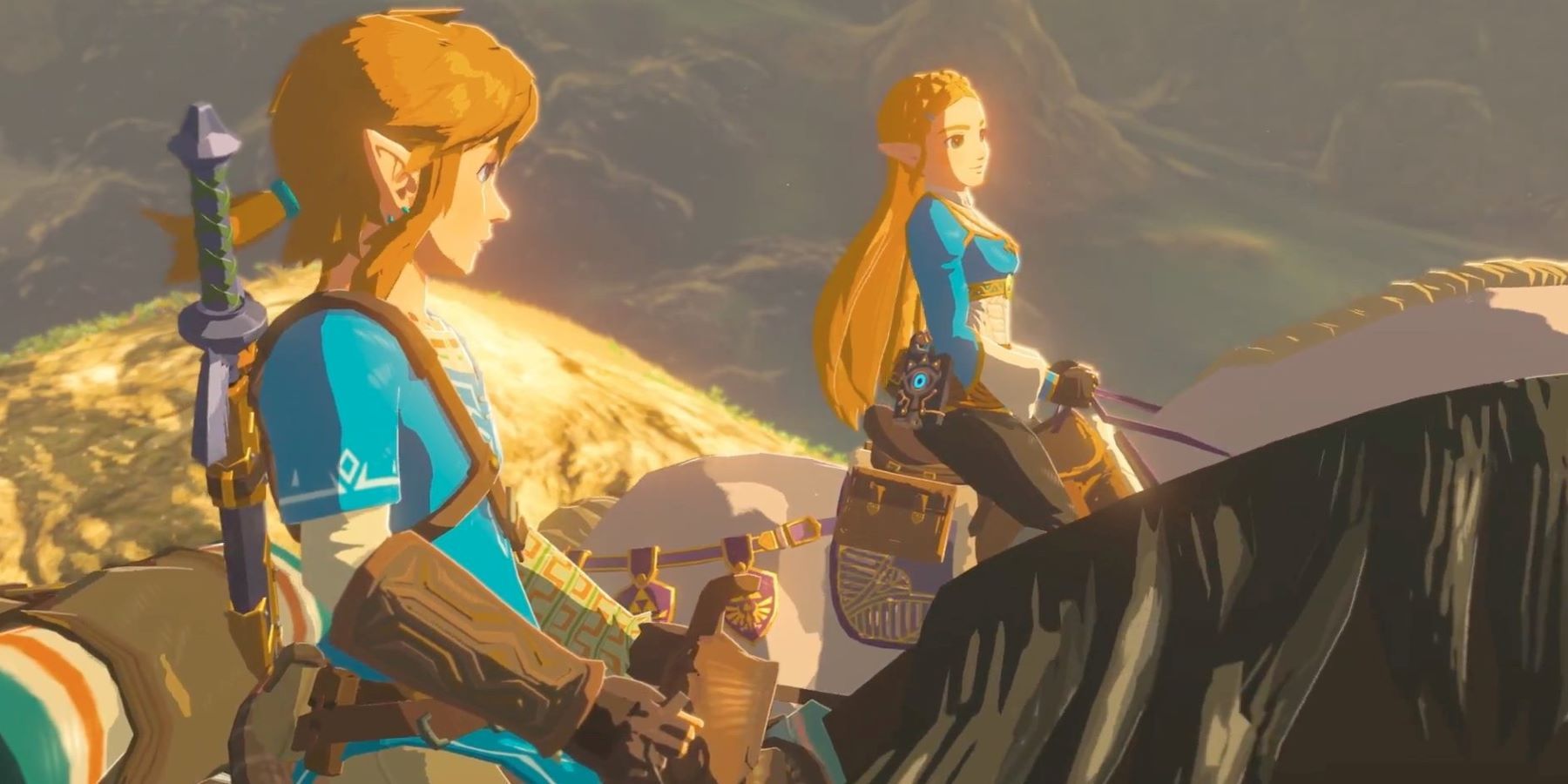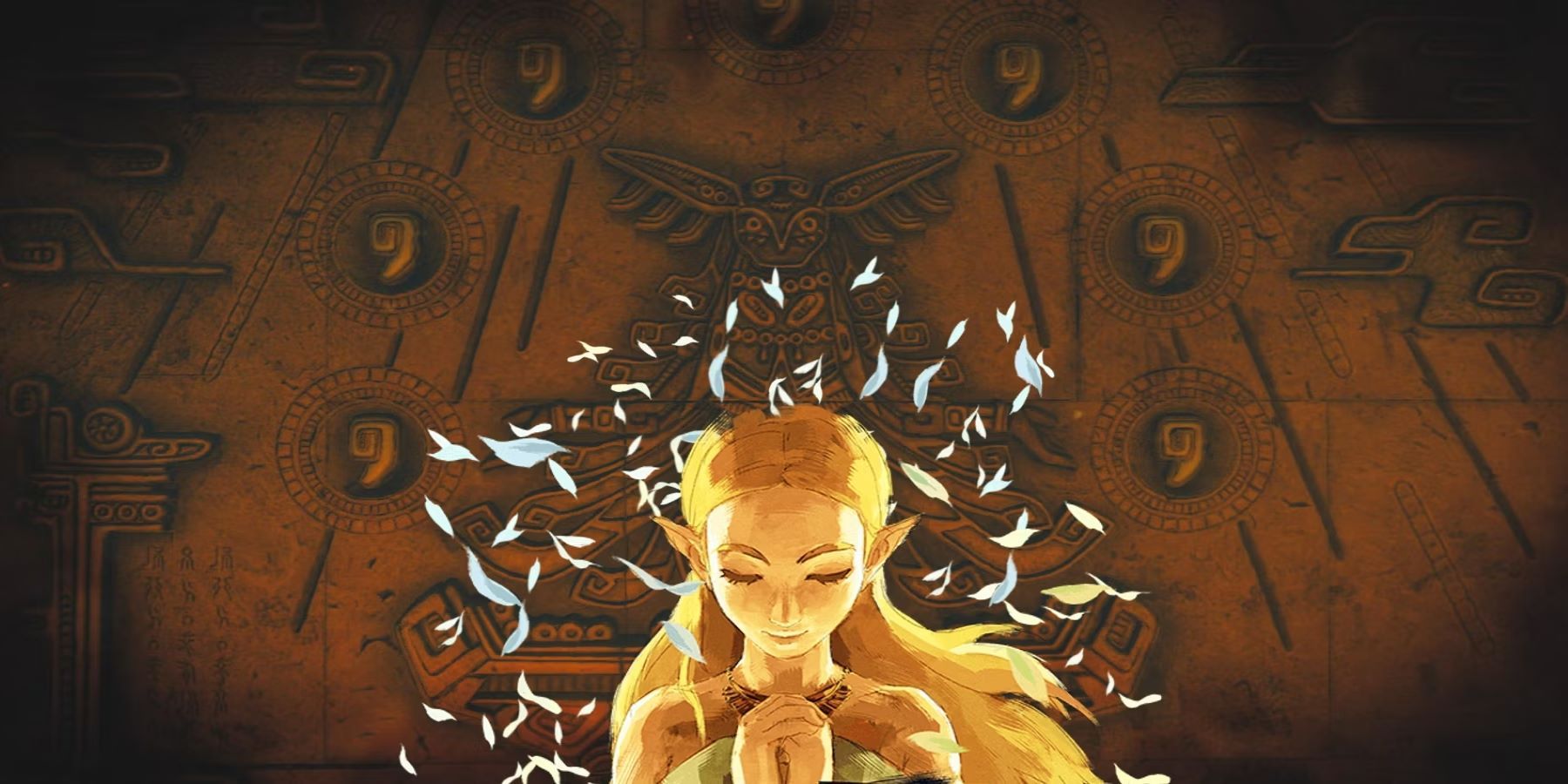The sequel to Breath of the Wild finally got its official name at September's Nintendo Direct. The Legend of Zelda: Tears of the Kingdom will continue the story of its predecessor, taking place in the same world. Direct sequels are a rare occurrence in The Legend of Zelda, but this means it could make some welcome changes to one part of the original game, especially considering the new formula of the franchise.
Breath of the Wild is one of the most critically acclaimed games of all time. Much of that praise is owed to the gameplay itself, such as its open-world design. But open-world games often face the difficult task of justifying exploration of the world after the main game is over. Breath of the Wild's approach to this was to simply omit any dedicated post-game content. It's a decision that made some sense based on the game's context, but The Legend of Zelda: Tears of the Kingdom could be an opportunity to include a better post-game.
Breath of the Wild's Post-Game
To put it simply, The Legend of Zelda: Breath of the Wild largely doesn't have a post-game. The game creates a special auto-save before the final boss fight with Calamity Ganon and Dark Beast Ganon. After those fights, the game reverts to that save, allowing the player to continue exploring the world or replay the fight.
The only real content left, then, is to complete the 120 Ancient Shrines, 900 Korok seeds, or numerous small side-quests. Completing the Shrines is a compelling enough task if the player hasn't done so already, but many players find there is little left to do once the main story ends. It's a common complaint about an otherwise adored game, but the decision on Nintendo's part is understandable.
A basic post-game consisting of just what has been left unfinished is arguably a better option than one that exists for the sake of it. Many open-world games opt for the latter, populating the game with weak filler content to keep the player engaged. Breath of the Wild instead decides to let players return to the already strong existing content - its shrines and one of the best open-world maps in gaming. This makes even more sense now, with what has been revealed about The Legend of Zelda: Tears of the Kingdom.
Improving the Post-Game in Tears of the Kingdom
Everything that has been revealed about The Legend of Zelda: Tears of the Kingdom tells us that Link's work didn't end with the conclusion of Breath of the Wild. It's clear that Hyrule is still in danger, even with Ganon seemingly defeated. As such, since Breath of the Wild was setting up for a continued story in Tears of the Kingdom, it makes sense that there were no further narrative elements following Ganon's defeat. That meant a meaningful post-game was largely off the table.
However, Tears of the Kingdom should be the conclusion of that story, so content after its main story may be more viable. An obvious option would be a New Game Plus. Breath of the Wild's DLC did include a more difficult Master Mode in its DLC, but it would be a nice addition to have it in the base game of Tears of the Kingdom. It also makes sense considering how the new Legend of Zelda formula is less restricted by story items than older games. Being able to replay the game with all the weapons and armor players may have spent hundreds of hours collecting could add some great variety, without having to include further story elements.
A more creative option, however, would be implementing an epilogue as a story-based post-game. Epilogues can serve as a narratively-appropriate way to continue the main quest and tie up any loose ends or remaining questions. For example, Red Dead Redemption 2's epilogue was massively popular due to how it concluded so many characters' stories in such a satisfying way. In Tears of the Kingdom, this could open up new side-quests, such as ones in aid villages or characters trying to recover from catastrophes. It would also be an interesting way to learn about how the events of the two games have affected regular people in Hyrule. Past Zelda titles have not really shown how so many iterations of Hyrule recover from near-apocalyptic events, so it could be an exciting direction for the series to take.
The Legend of Zelda: Tears of the Kingdom will release on May 12, 2023, exclusively for the Nintendo Switch.



